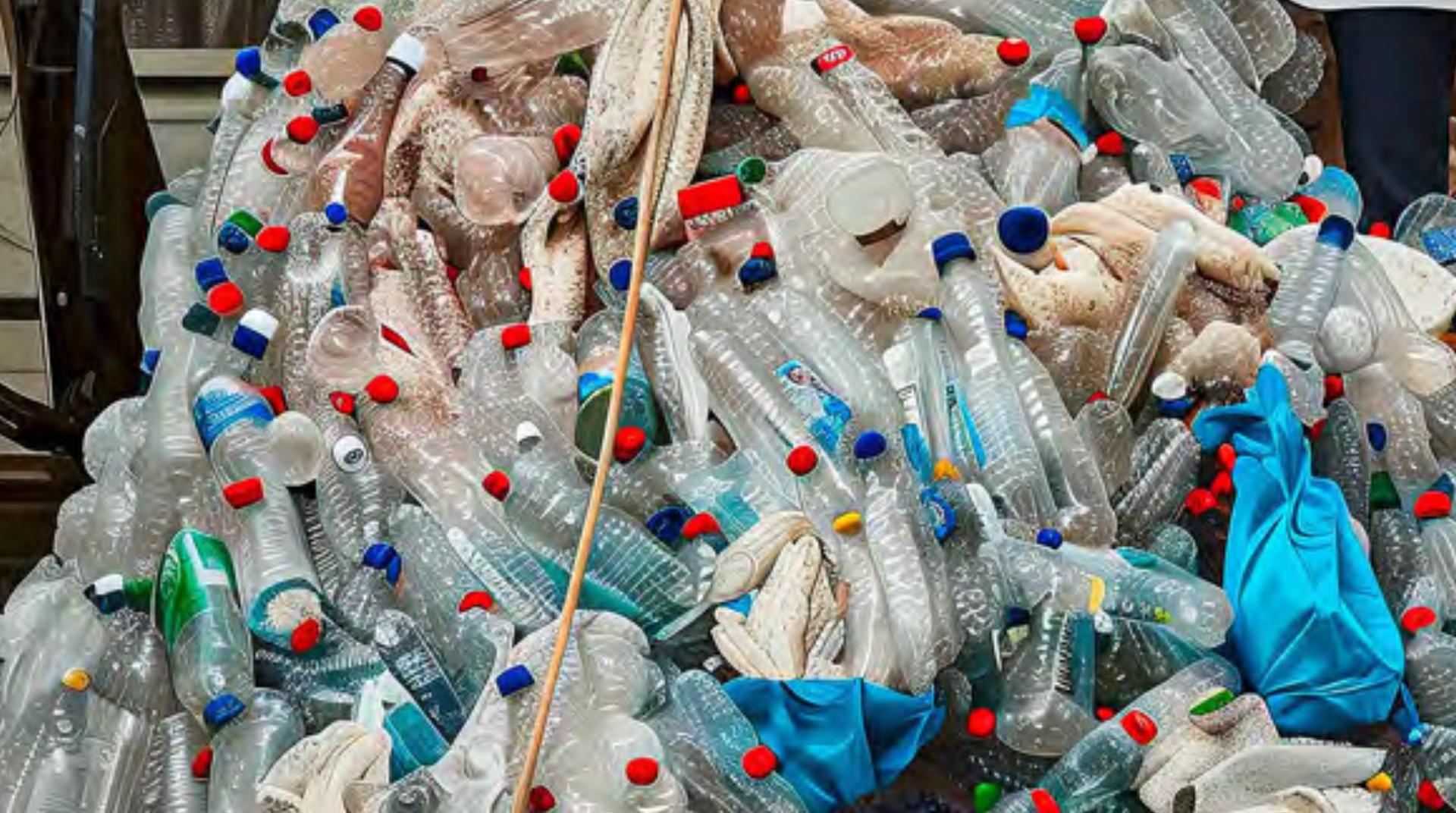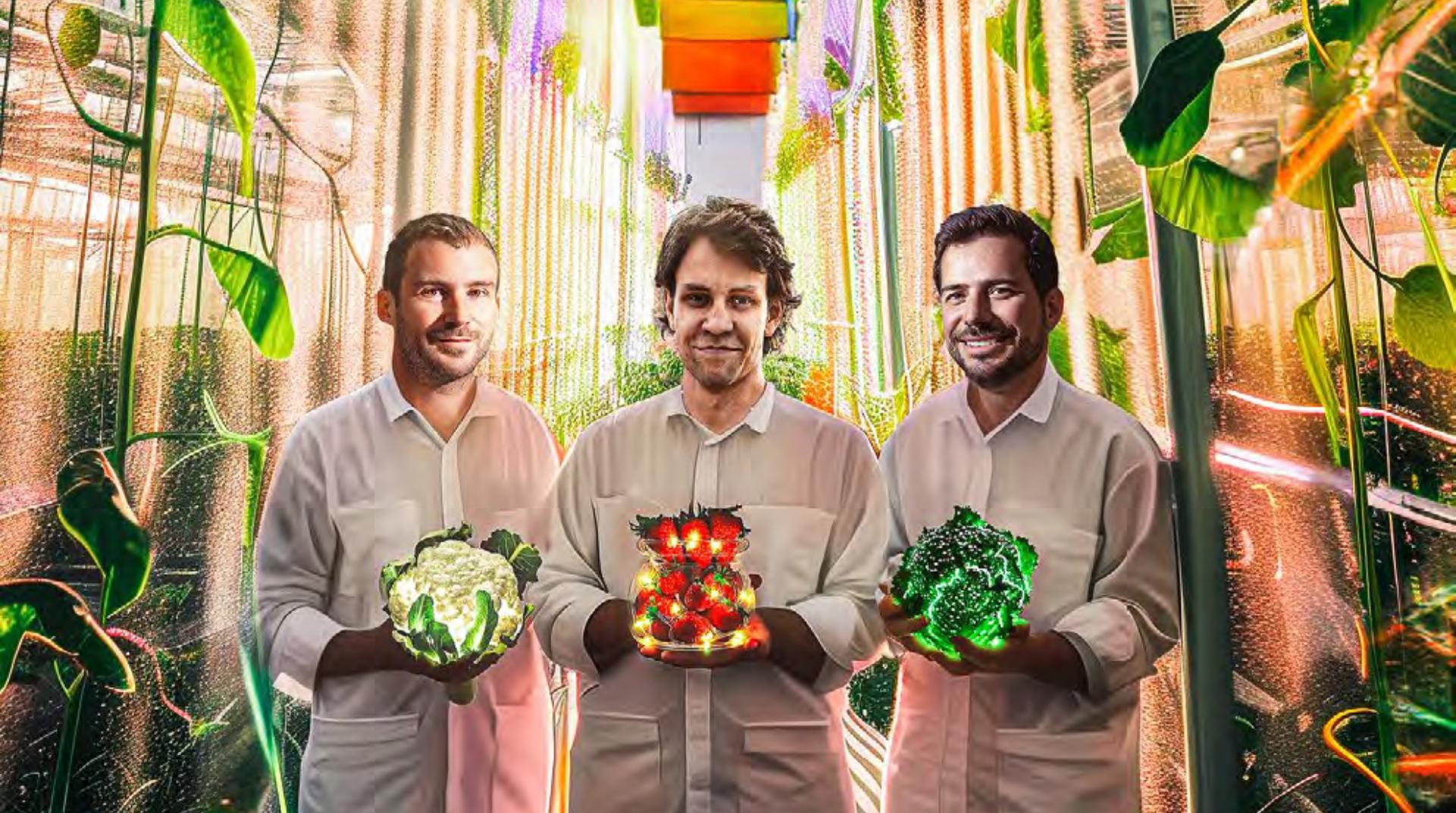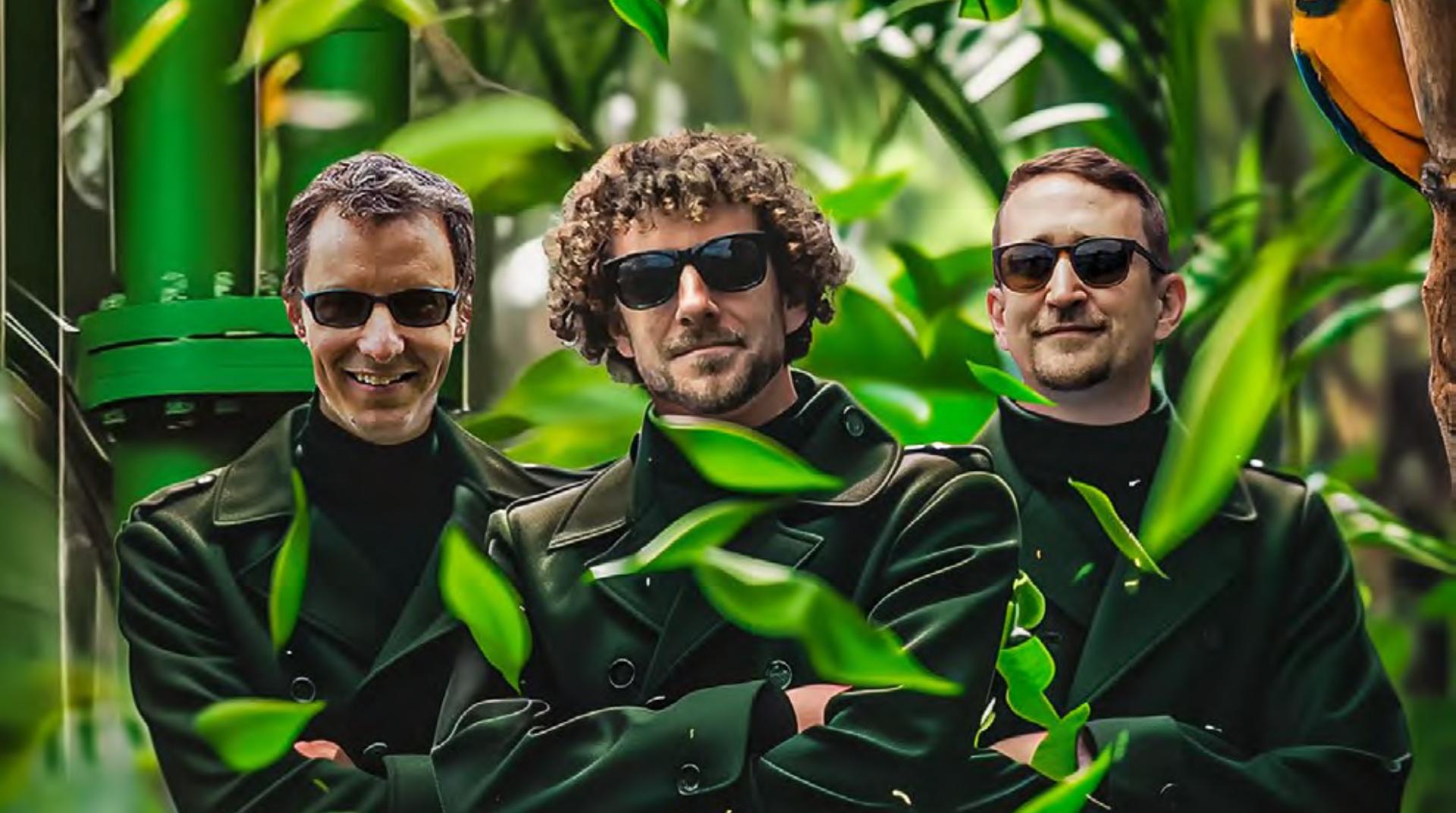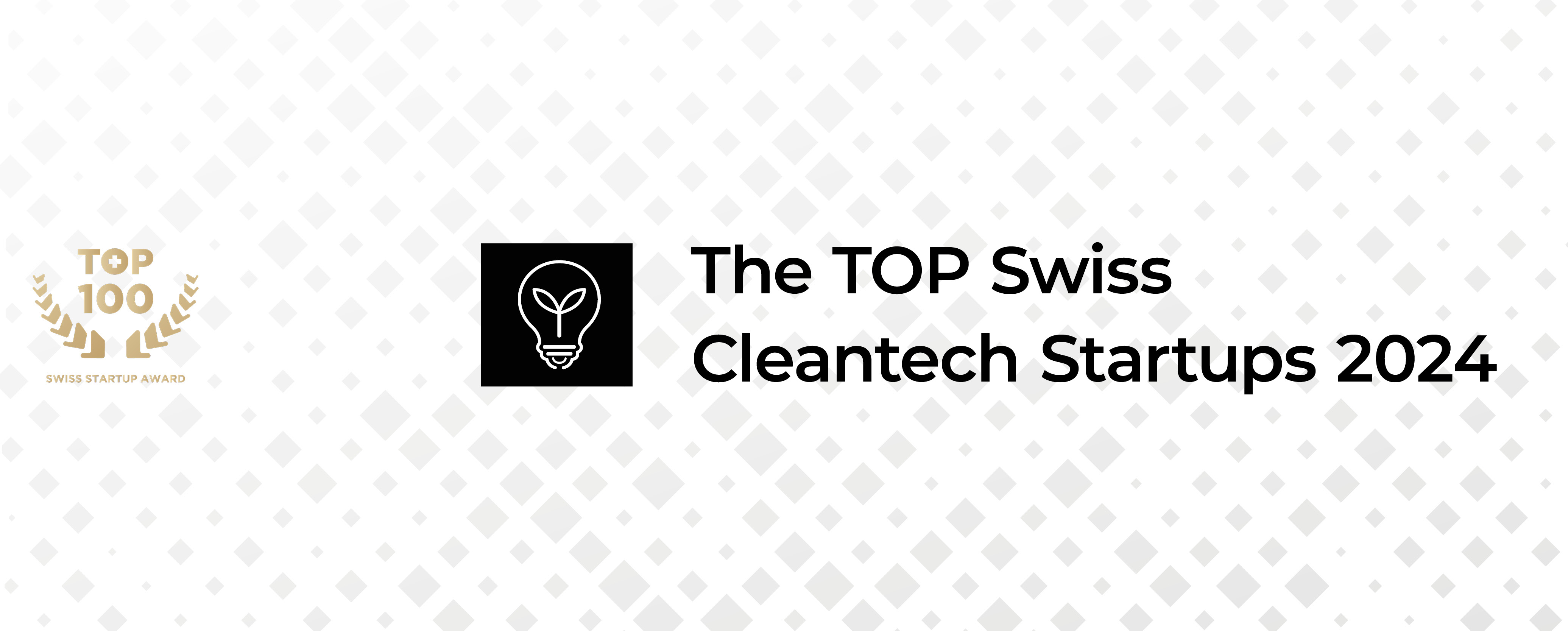Cleantech Innovations: How Swiss startups are shaping a greener future
The Swiss innovation ecosystem is tackling environmental challenges through cleantech startups. The TOP 100 cleantech startups are making significant strides in...
Read more
Gina Domanig, the founder and Managing Partner of Emerald Technology Ventures, established the first independent cleantech venture capital fund in Europe in 2000. With over 30 years of international business experience, including banking, M&A, strategic development, and venture capital, she is recognized as the most successful cleantech investor in Switzerland. We talked with her about how cleantech as industrial technology can positively impact the ecological footprint of various sectors. She emphasizes the importance of regulations in driving innovation and the role of startups in achieving sustainability goals.
Gina Domanig is the founder, CEO, and Managing Partner of Emerald Technology Ventures. In 2000 she founded the business as the first independent cleantech venture capital fund in Europe. Featured in Forbes 50 over 50, Gina has over 30 years of international business experience including banking, M&A, strategic development, and venture capital. She is considered the most experienced and successful cleantech investor in Switzerland.
The Sustainable Asset Management Group (SAM) was a pioneer of sustainable investing in Switzerland. When it was sold to a Dutch asset manager, Gina Domanig and her team carried out a management buy-out with the VC division. Since then, the company has set up its own funds and is currently invested in 39 startups, the vast majority of which are in the cleantech sector. As of today, Emerald Technology Ventures manages and administers CHF 900 million.
Ms Domanig, how do you define cleantech?
I talk about it as industrial technology that has a positive impact on the ecological footprint of one or more sectors.
You have been in the ‘green’ technology business for more than 20 years. What has changed during this time?
In the period after the turn of the century, much was driven by the personal convictions of individuals. And we have, to be honest, not much has been achieved. Global CO2 emissions – to take one indicator – are still rising and will reach a new record level this year.

In Switzerland and Europe, CO2 emissions are falling. How do you explain this?
That is exactly the point! We have countries here that actively intervene and set specific targets for industry. Wherever the regulator intervenes – with thresholds for consumption and emissions – we see progress. In France, for example, energy suppliers are obliged to meet savings targets set by the government for private and commercial customers. Or Norway, where all new cars must be emission-free from 2025.
Regulations are a nuisance from a business perspective...
Of course they are! Established companies do not like regulation and from their point of view this is completely rational: they have invested millions or even billions of francs, depending on the size of the company, in their core business over years or decades. This investment needs to be protected. May I give you an example?
Please do.
Perfluorinated and polyfluorinated alkyl substances (PFAS) are widely used in industry; for example, rainjacket coating, non-stick pans and pots, lubricants in metal processing, sealing materials in the food industry and semiconductor production. The problem is that the extremely resistant PFAS can accumulate in organisms and are suspected of being harmful to health. The EU wants to ban them and industry is up in arms. The argument is that PFAS are irreplaceable. But the truth is that I can name 10 startups off the top of my head that would be able to replace PFAS tomorrow.
Regulation as startup and growth aid for new companies. Would you go that far?
I call this innovation under pressure. It is a very efficient method, and incidentally, is not always met with rejection within companies. Creative managers are grateful when the state sets rules on sustainability. It gives them the opportunity to make a difference that will also benefit shareholders in the long term.
What is the significance of the voluntary commitments to sustainability made by more and more large companies?
The question is whether these voluntary climate and sustainability goals are really implemented in everyday life. Nevertheless, voluntary commitments are important because they create the necessary awareness in companies for open innovation – the dominant theme when it comes to cleantech. This is because well-established value chains in traditional industries can be broken up and sustainably reorganised only with the involvement of external sources of expertise. This is where startups come into play: they are the ideal partners in this process.


The Swiss innovation ecosystem is tackling environmental challenges through cleantech startups. The TOP 100 cleantech startups are making significant strides in...
Read more
Voltiris develops photovoltaic modules for glass greenhouses, enabling electricity generation without reducing crop productivity. The technology transmits light...
Read more
Bloom Biorenewables offers a sustainable alternative to petroleum, helping customers meet the growing demand for nature-based products and achieve their sustain...
Read more
The 100 most innovative and promising Swiss startups are picked by a panel of 100 leading investors and industry experts and are revealed at the TOP 100 Swiss S...
Read more
You have questions about Top100 or would like to exchange ideas with us? Feel free to contact me.
Jordi Montserrat Co-founder and managing partner jordi.montserrat@venturelab.swiss Jordi Montserrat on LinkedIn